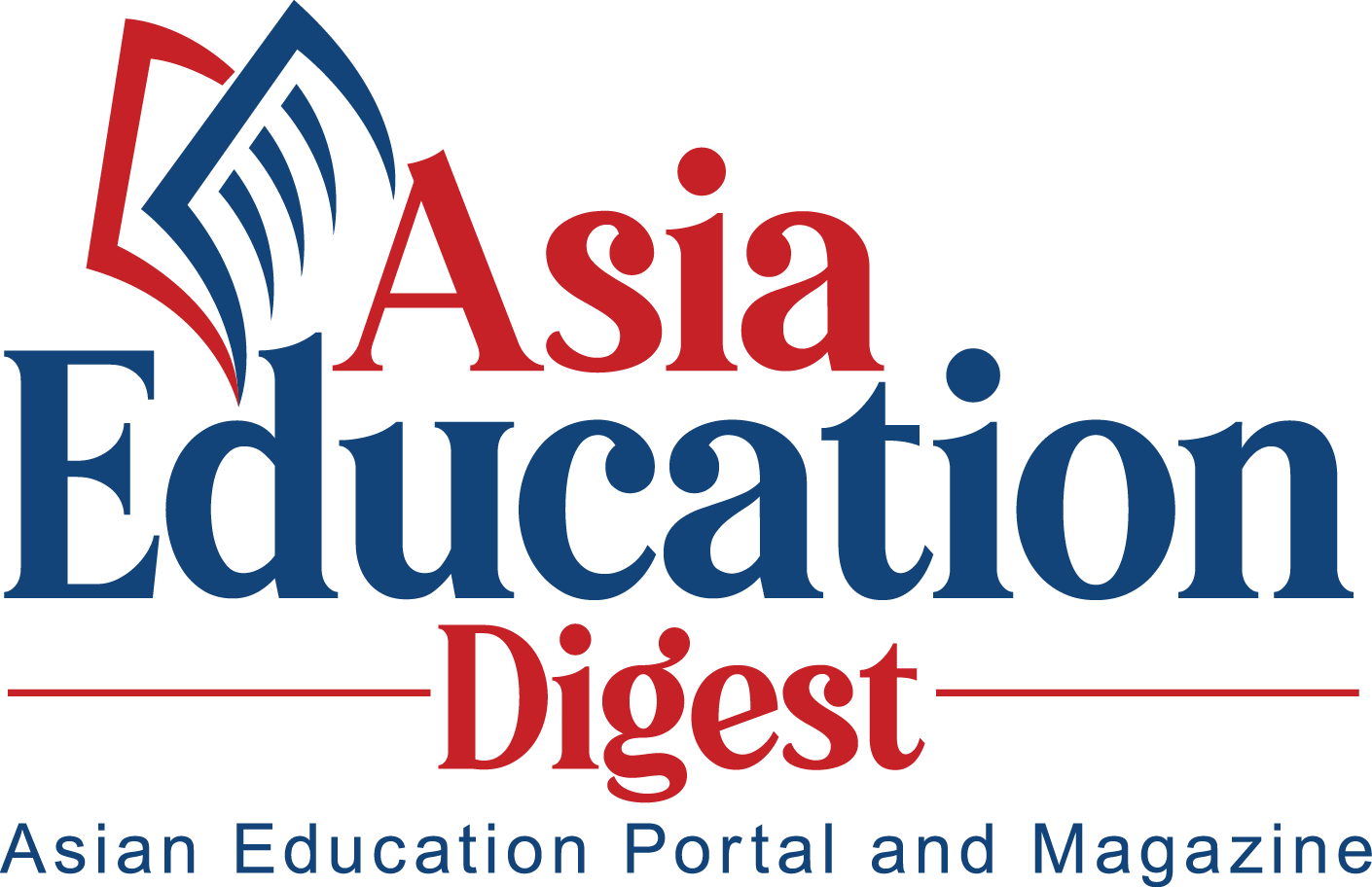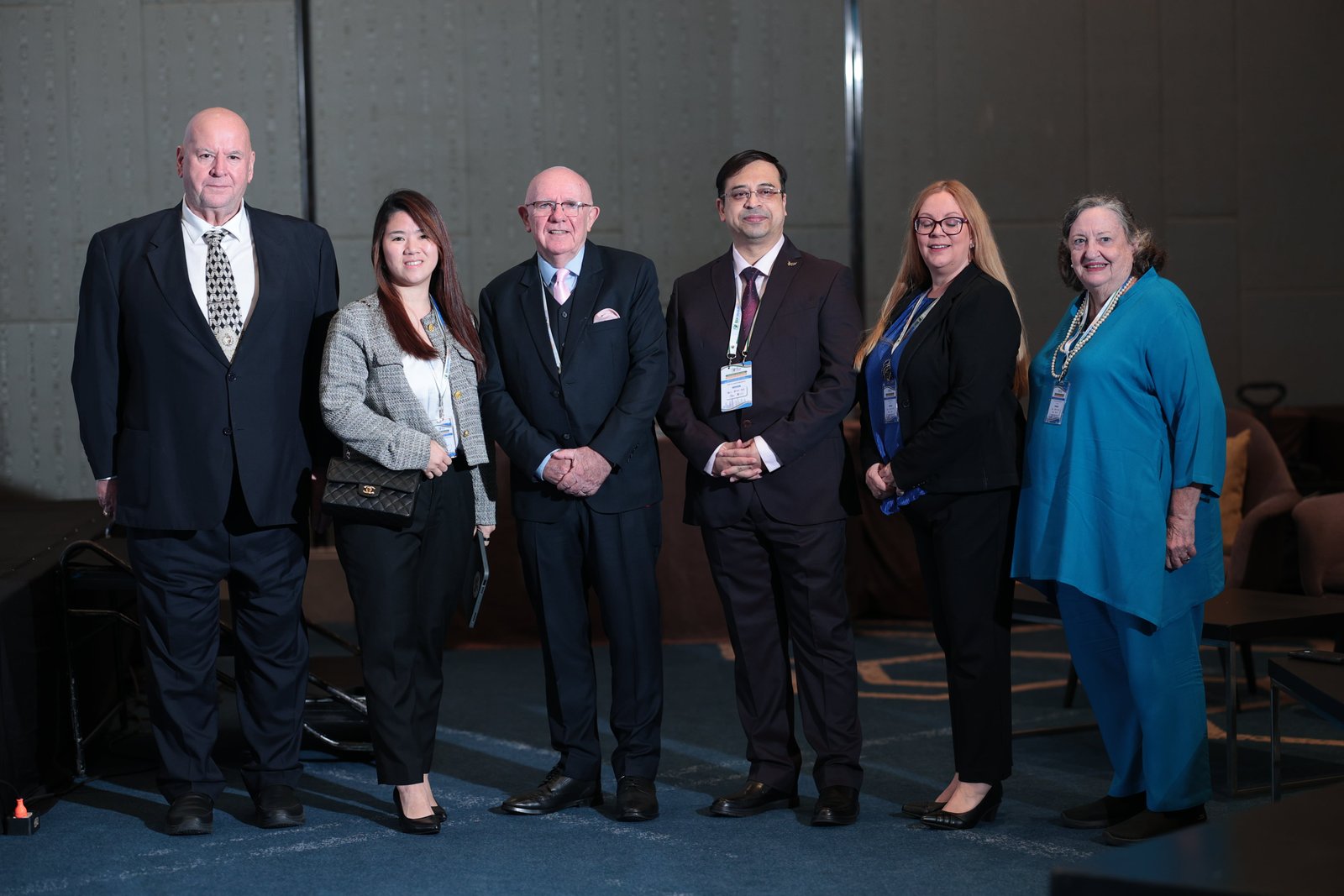Article:
The world today confronts a range of challenges—from climate change to economic inequality. That’s why when educators, edupreneurs, and other key dignitaries met at the Asia Education Conclave 2024, it was a golden opportunity to discuss international curriculum and global education standards, how startups are playing a crucial role in a region’s economy that flows to uplift its standards of education as well, the importance of balancing classical education with current skills and expertise.
Education has emerged as a critical tool for fostering positive change. So, these crucial talks on the global stage could be highly influential, offering a space where governments, organizations, and educators can collaborate to address the evolving needs of learners worldwide. These discussions are helping to identify pathways toward more inclusive, resilient, and innovative educational systems that will serve future generations.
EduTalks and speeches by the distinguished Guests of Honor at the Asia Education Conclave 2024 brought forward some of the most important matters regarding education across the world.
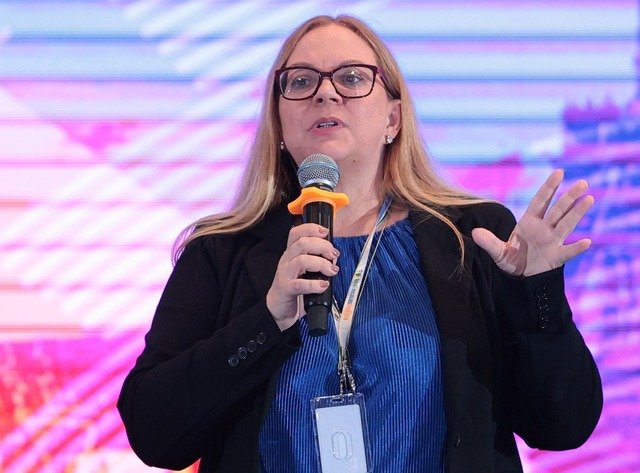
Dr. Janat Blackmon is an international educator, speaker, and trainer from Canada. She has worked internationally as an administrator, lecturer, teacher, and trainer on leadership, differentiation, assessment, and social-emotional learning, and worked with organizations in Thailand and Myanmar for democracy in education. Dr. Blackmon is currently the Director of Academics at the Asian College of Teachers. She presented an insightful talk on ‘International curriculum highlighting the global standards in education,’ at the event.
Dr. Blackmon said, “We all have a story about why we are here today. What is your ‘why?’ What student experiences do you want to create in this world so our children can be successful?” She further explained, “When we are talking about education (anywhere in the world), we are talking about student learning; the student learning experience. The number one thing that will impact the students is what type of curriculum they are receiving. There are three things that can help make sure that the quality assurance in our international schools is increased. Number one is implementing PLCs (Professional Learning Communities) ensures that the teachers are working together to understand (from whatever grades that they are teaching – Kindergarten to Grade 5, or middle school or high school) ensure that what they are planning is a coherent experience for the students. The next important thing for international curriculum is the change management that the leaders in the school must universalize (through the Instructional Leadership Team). The third thing that is unique to international education leadership is working through a culturation process for teachers, ensuring that not only the teachers start to work together through the PLCs, manage the change towards the new curriculum to ensure that it is cohesive experience and a quality experience for the students; to make sure that the curriculum is aligned and articulated vertically and horizontally for all the students.”
The EduTalk by Dr. Blackmon was a crucial reminder to upgrade education standards across the world and each in sync with the other. This would create a uniform education ecosystem for students to thrive.
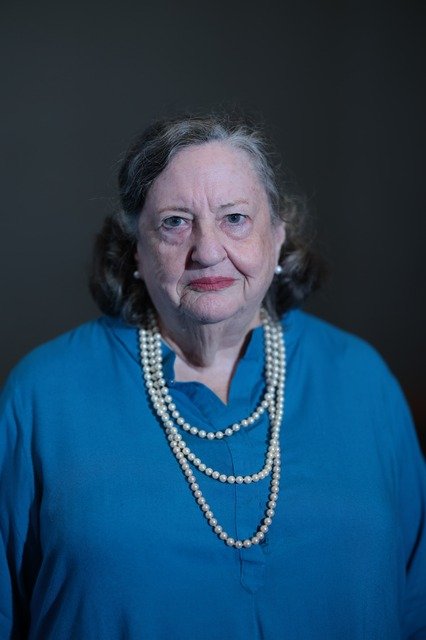
Dr. Margaret Davitt Maughan brought thought-provoking subjects to the table in the form of her detailed EduTalk on “Revisiting the Core Curriculum: Balancing Classical Education with 21st-Century Skills” addressed a growing concern for most educators – the need to balance modern education with time-tested wisdom. Dr. Maughan is a Senior Educator based in the USA with an Ed.D. Leadership from the University of San Francisco and 35 years of experience in classrooms, curriculum development, and interdisciplinary studies.
Dr. Maughan said, “There is an ongoing debate between maintaining a traditional core curriculum versus more modern subjects and skills. The future is filled with issues that we haven’t even imagined. As such, education must empower students with the skills necessary to resolve these situations. The traditional classical curriculum includes literature, history, mathematics, and arts but modern subjects include digital literacy, collaboration, and global awareness. Recent evolution in curriculum has integrated the ‘Arts’ into Science, Technology, Engineering, and Mathematics programs forming ‘STEAM’ from ‘STEM’. The five frameworks that I believe are necessary for the future are communication, collaboration, thinking, research, and problem-solving. The development of skills must take precedence over the emphasis on content.”
Dr. Maughan’s EduTalk gave the much-needed insight into balancing education with contemporary skills, keeping them relevant and useful.
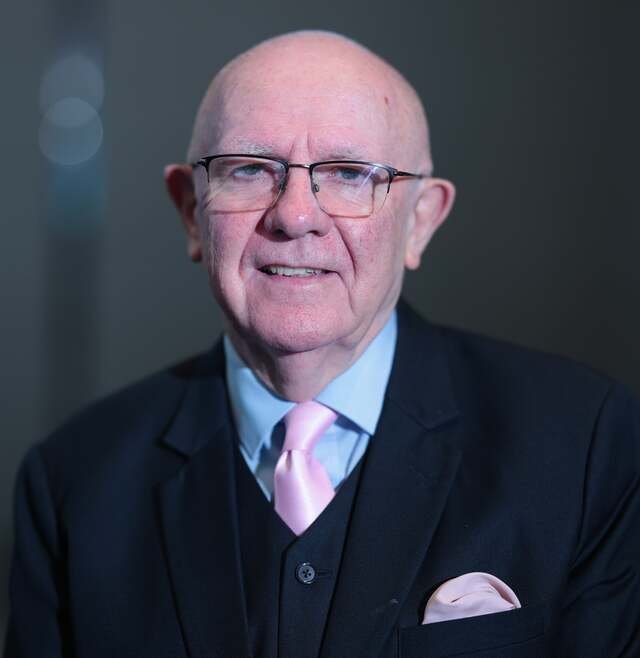
Dr. Maurice Kenneth Dimmock, Chairman of the Board of Academics for East Bridge University, is also a member of the Institute of Electrical Engineers, and Institute of Physics, and a Chartered Engineer and Euro Engineer. Dr. Dimmock shared, “I think it was 1995, we all were representing Tony Blair, already a doctorate from our university, and during his acceptance speech he spoke about education, education, education is a tool to change the world. When he became Prime Minister, he repeated the same speech (‘Education, education and education, can change the world.’). But you know as I look around, what kind of impact has education had; I am quite frankly disgusted to see that in 2024 there are 200 million girls (age 6-17 years) who do not have access to education. Now, that is something we have to change. All of us here are educators or trainers, what is that we believe in is equality in diversity… there are so many people around the world who do not have access to education; let’s change that. Let’s be transformative and change the world when it comes to access to education.”
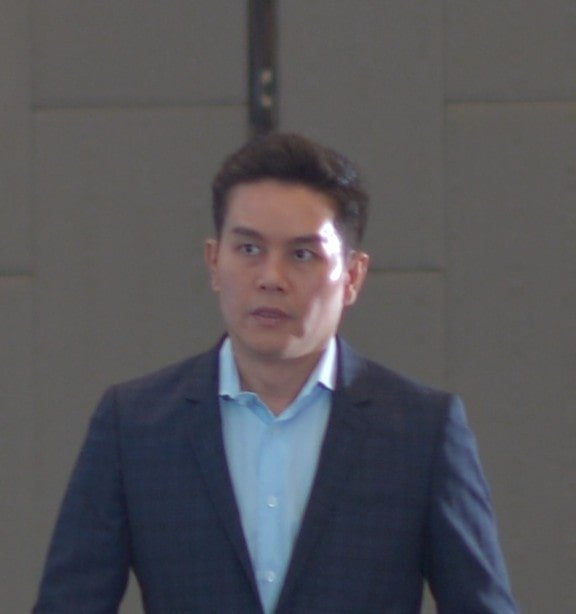
Dr. Ake Choonhachatrachai based in Thailand is a former District Councillor, Bangkok Metropolitan Administration, and currently serving as the Dean of the Graduate School of Stamford International University. Dr. Ake said, “When we talk about ‘educator’ we talk about passion; when we talk about business, it’s about pressure. They have to go together. Joining an event like this once a year gives me positive energy to go back and fulfil my responsibilities as an educator. I believe the passion of educators has to be carried and the human touch is very important.”
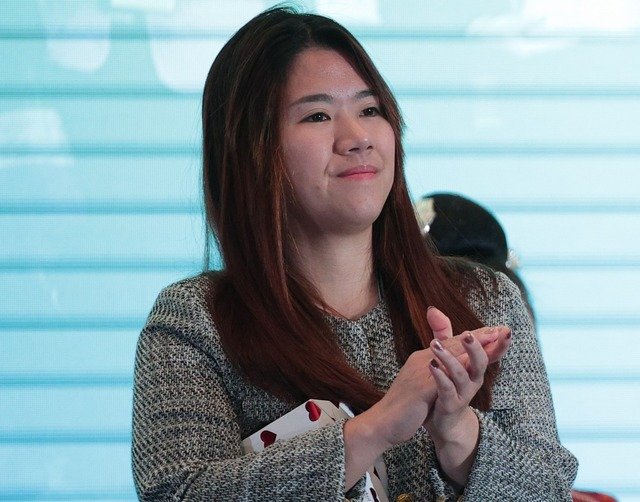
Dr. Boontida Uapipatanakul (popularly known as Dr. Meg) is an Associate Professor from Thailand. She has been in international education for almost 20 years, associated with education accreditation for more than 5 years proactively involved in management and strategic planning. While addressing the hugely diverse audience, she said, “I have a dream of being a small part of a change in this world and education is the basic fundamental that changes human beings to be good people. If we can produce good human beings for society then that will be much better than catching them criminals. Another thing that I have always reminded myself, ever since I returned from Oxford to be an educator, is a story that says “If you are a doctor and you fail in your job you may kill one person. If you are a pilot and you fail in your job, you may kill 300 people but as an educator, if we are not doing our job well then we can kill people in the whole world. This is something that I remind myself every day.”
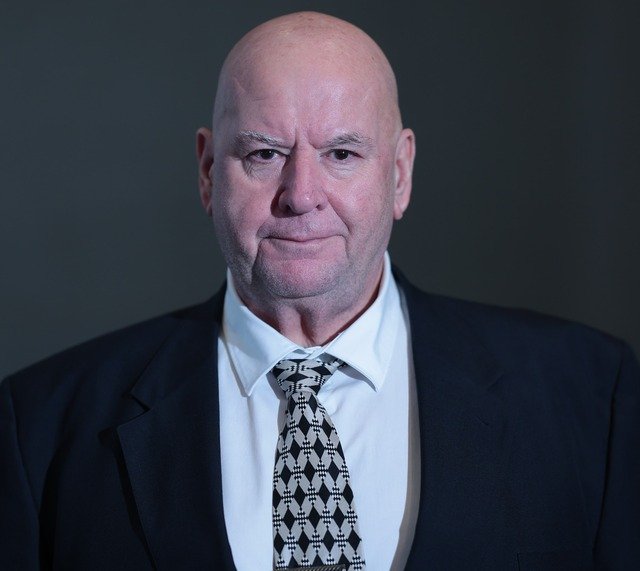
Dr. Karl Meneghella from Australia, has served different roles in primary, secondary, and tertiary teaching across diverse settings—from metropolitan to remote and international schools. His teaching and leadership roles have taken him across Australia, the United States, Thailand, Singapore, and England. Dr. Meneghella elaborately talked about the unwavering importance of quality in education. He said, “It’s very important that our education maintains quality. I had the privilege to teach primary school, secondary school, and more recently university. Now I am really honored to have the opportunity to be part of a global organization that accredits educational institutions. I think it’s really important to ensure the quality of education. So, I am really proud that we have IEAC (International Education Accreditation Council) and very proud that we have this conference.”
What the Panel Talked About?
The Panel Discussion on ‘Quality Assurance in Education’ powered by IEAC, was an enriching discourse moderated by Dr. Karl Meneghella. The panel was chaired by Dr. Margaret Davitt Maughan (USA), Dr. Maurice Kenneth Dimmock (the UK), Dr. Boontida Uapipatanakul (Thailand), and Dr. Janat Blackmon (Canada). The panelists elaborately defined ‘quality’ and ‘excellence’ in education, discussed the different components of education that are crucial for ensuring quality, ways to improve quality, and the crucial role played by teaching, administrative support, assessment, resources, and practical implementation in ensuring quality in education. The panelists also pointed out the importance of maintaining uniformity in the teaching process, and curriculum, the role of leaders in bringing about the framework of PLCs (Professional Learning Communities), and several other aspects for ensuring holistic quality in education.
The second Panel Discussion of the day was a thought-provoking talk on “Assessment, Evaluation & Exams in Schools and Higher Education,” moderated by Dr. Arnulfo S. Aniel. The panelists were Saodat Tadjibaeva (Uzbekistan), Mr. Kaushik Sarkar (India), Dr. Rimajon Sotlikova (Uzbekistan), and Dr. S.K. Binu Siva Singh (India). The panelists stressed the primary purpose of assessment and the importance of evaluation. They clarified the difference between assessment and evaluation because often both are assumed to be the same; assessment is an ongoing process for ascertaining the progress through predefined methods while on the other hand, evaluation is a broader umbrella term under which assessment comes. Assessment is one of the tools for evaluation. In schools, assessment is used to develop students’ foundation skills and knowledge while in higher education, assessment is used to develop critical thinking, research skills, and their application. The panel pointed out that the evaluation of higher education students holds the key to professional excellence because that’s their last point of checking before stepping into their respective professions and being part of their respective industries. The panel also discussed different assessments practiced across the world and how they have been creating a difference.
The panelists were educators from different parts of the world, sharing their best practices, adding value to the talk with diverse perspectives and experiences, giving fresh directions to teaching methods for better outcomes, enhancing their quality, and making the courses more effective in the most holistic way possible.

